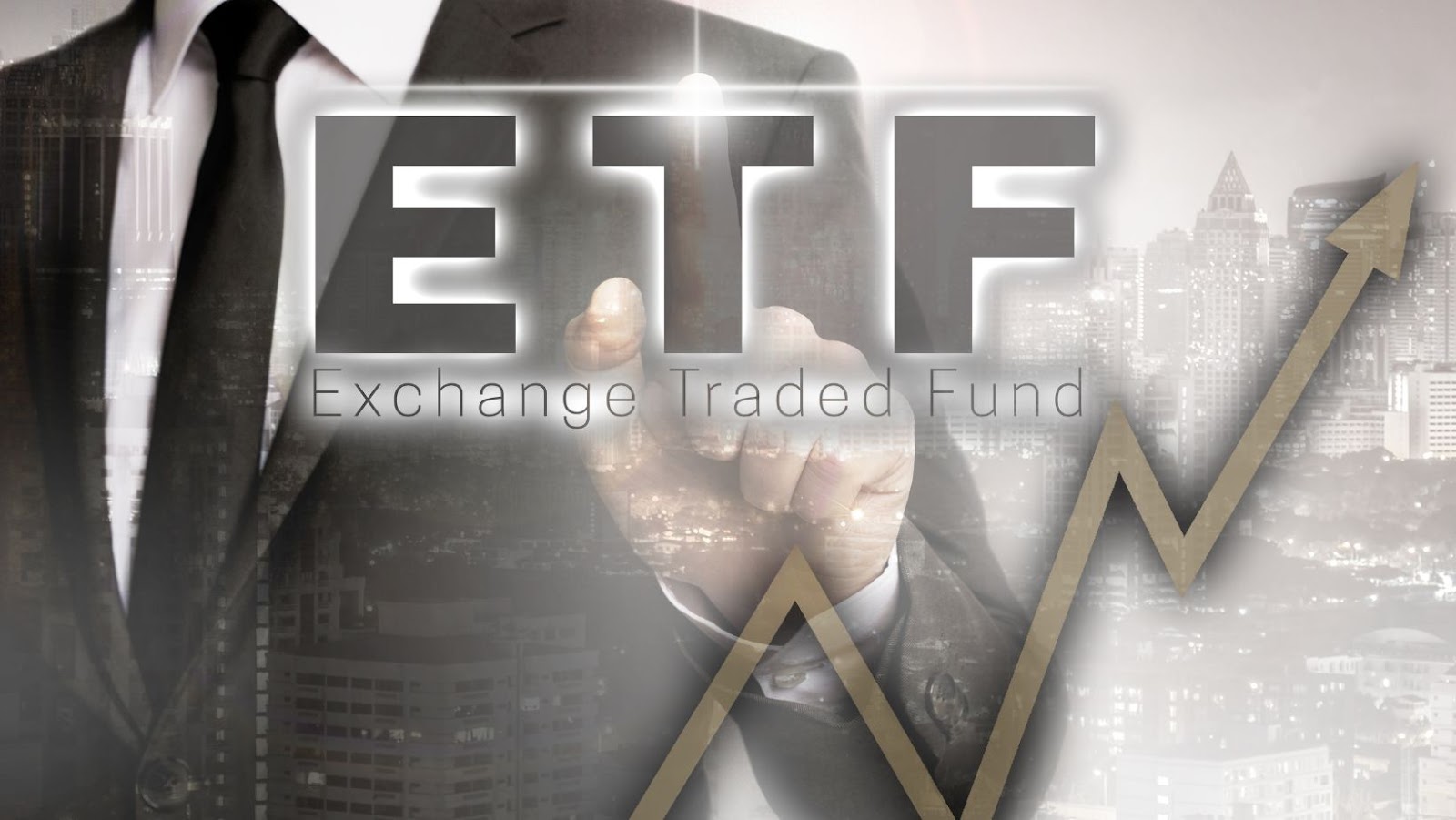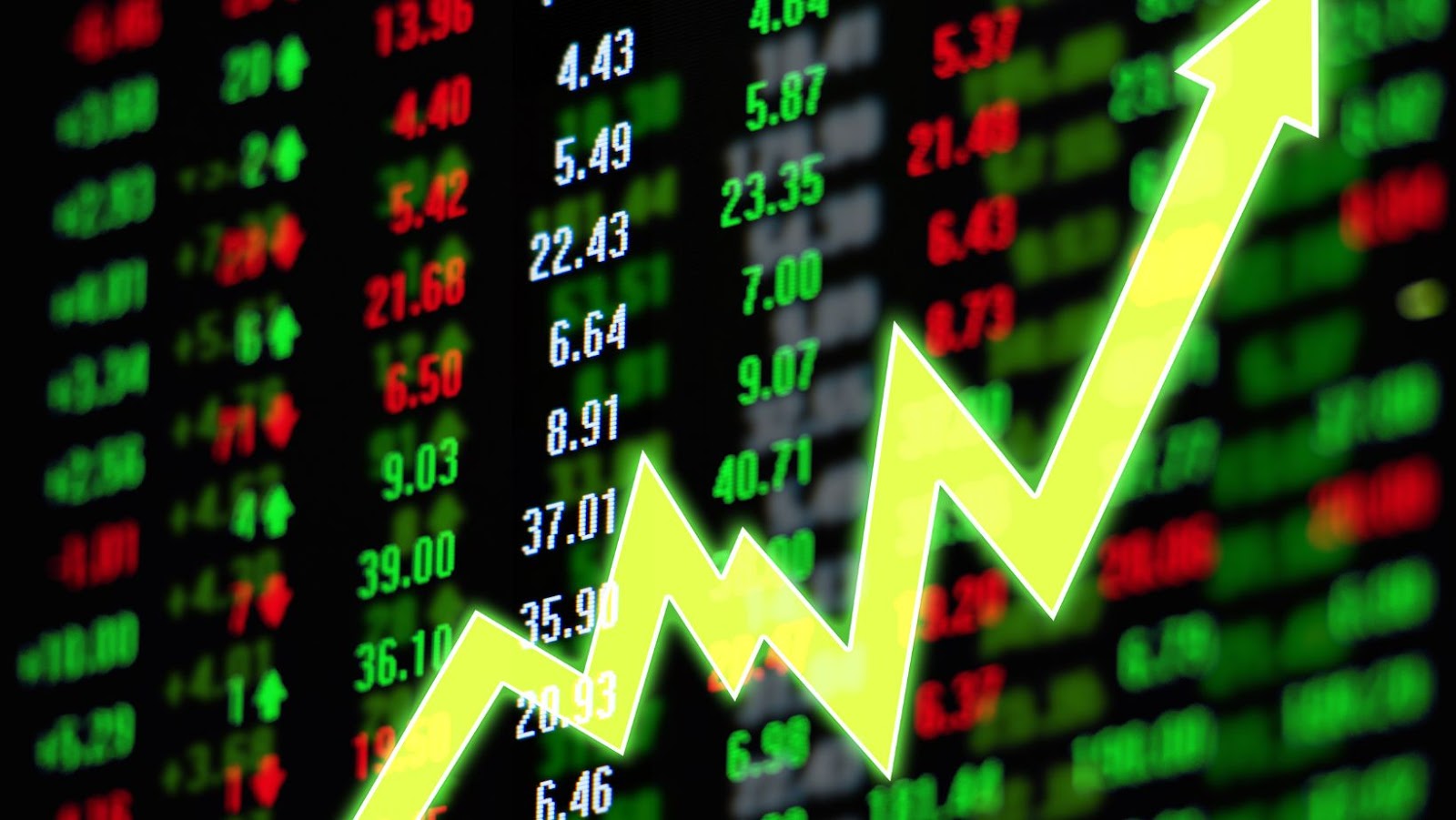
ETFs vs Stocks: Which is The Best Investment For You?
Investors looking to diversify their portfolios are often faced with the question of whether to invest in ETFs or stocks. Both investments have their pros and cons, so it’s important to evaluate each option carefully.
ETFs, or exchange-traded funds, are essentially baskets of stocks that aim to track a particular market index like the S&P 500. ETFs provide instant diversification and lower transaction costs compared to buying individual stocks. They’re also highly liquid, meaning they can easily be bought or sold throughout the trading day.
On the other hand, stocks are shares of ownership in individual companies. As a result, investing in stocks can potentially provide higher returns compared to ETFs, but it also comes with more risk. Stock prices are highly volatile and can change rapidly based on company performance, news, and a variety of other factors. While investing in stocks requires more research and monitoring, it can provide investors with the opportunity for higher gains.

ETFs vs Stocks
Investing in the stock market can be done by purchasing individual stocks or exchange-traded funds (ETFs). Both offer opportunities for investors to build wealth, and both have their own unique benefits and drawbacks.
Here are some key differences to consider when deciding between ETFs and stocks:
Diversification
One of the main advantages of investing in ETFs is diversification. ETFs are made up of a basket of stocks, providing the investor with exposure to multiple companies within a single investment. This can help spread risk and mitigate losses if one company in the ETF underperforms.
On the other hand, investing in individual stocks can be riskier as the investor’s entire investment is dependent on the success of a single company. That being said, investing in stocks can provide potential for higher returns if the company performs well.
Cost
ETFs may offer lower costs compared to investing in individual stocks. The fees associated with ETFs are often lower than the costs of purchasing each stock individually. In addition, some brokers offer commission-free trading for ETFs which can help investors save even more money.
When purchasing individual stock, investors may also be subject to trading fees, which can quickly add up if they perform frequent buying and selling of stocks.
Active vs Passive Investing
Another important difference is that investing in ETFs is considered a passive investment strategy, while investing in individual stocks can be an active strategy. Passive investing means that the investor is not trying to outperform the market, but rather achieve returns equal to the market average by investing in a broad index.
Active investors, on the other hand, analyse different companies and try to select individual stocks that they believe will yield higher returns. This approach can be time-consuming and require extensive research.
Liquidity
In terms of liquidity, ETFs can be bought and sold throughout the trading day while individual stocks may have more limited trading windows. Additionally, ETFs are generally less volatile than individual stocks.

Conclusion
In summary, ETFs offer diversification and potentially lower fees while stocks offer the potential for higher returns with the added risk of investing in a single company. The decision to invest in ETFs vs stocks ultimately depends on an individual’s investment goals and risk tolerance. It’s important to carefully consider the differences and weigh the benefits against the drawbacks before making any investment decisions.
When deciding between investing in ETFs or stocks, there are several factors to consider. Both options have their own potential benefits and drawbacks. Here are some things to keep in mind when weighing the options:
Diversification
One of the primary benefits of ETFs is that they offer diversification. Because an ETF is a collection of different securities, investing in one can allow you to gain exposure to a variety of stocks, bonds, or other assets. This can help spread out risk in your portfolio and may help minimise losses. By contrast, when investing in a single stock, the success of your investment depends solely on that one company’s performance.
Fees
When buying and selling ETFs, investors typically pay a commission or fee, just as they would when trading individual stocks. However, while some ETFs may have higher fees than others, they generally tend to be lower than the fees associated with purchasing individual stocks. Additionally, because ETFs are designed to track an index or other benchmark, they typically have lower management fees than actively managed mutual funds.
Volatility
While ETFs and stocks are both subject to market volatility, the level of risk can vary between the two options. In general, ETFs may be less volatile than individual stocks due to their diversification and passive management. However, some ETFs that track specific sectors or industries may be subject to more volatility than broader funds.
Control
When investing in individual stocks, investors have more control over their investments. They can choose which companies to invest in and when to buy and sell. With ETFs, however, investors are essentially buying a pre-set basket of stocks or other assets. While this can be beneficial for those who want a more hands-off approach, it may not be ideal for those who prefer more active management of their investments.

Liquidity
One potential benefit of ETFs is their liquidity. Because they can be bought and sold throughout the trading day, they may be more appealing to investors who need to make quick trades or have more flexibility in their investing strategy. Individual stocks, on the other hand, may not be as easy to buy and sell quickly, particularly if the market is experiencing high volatility.
In summary, investors must weigh both options carefully before making a decision. ETFs can provide diversification, lower fees, less volatility, and liquidity, while stocks offer more control over individual investments but may be subject to greater risk and volatility. Ultimately, it’s up to each individual investor to determine which factors are most important based on their own investment goals and risk tolerance.
When it comes to investing, choosing between ETFs and stocks can be a difficult decision to make. Both investment options have their advantages and disadvantages, and it ultimately depends on your investment goals and risk tolerance.
To help you decide which one is better for your investment portfolio, let’s take a closer look at the key differences between ETFs and stocks:
- Diversification: ETFs provide a great way to diversify your portfolio, as they give you exposure to a large number of stocks or bonds. On the other hand, investing in individual stocks can be riskier, as your portfolio is more concentrated.
- Cost: ETFs are typically cheaper to buy and sell than individual stocks. They have lower expense ratios and lower fees, which can lead to more cost-effective investing.
- Flexibility: ETFs offer flexibility in terms of trading, as they can be bought and sold throughout the day like stocks. Individual stocks, on the other hand, can have less liquidity and may be harder to sell during certain market conditions.
- Performance: Individual stocks have the potential to provide higher returns than ETFs, but they also come with higher risk. ETFs, on the other hand, tend to provide more stable returns over time.
In conclusion, the decision to invest in ETFs vs stocks ultimately comes down to your investment goals, risk tolerance, and personal preference. While ETFs offer diversification, flexibility, and lower costs, individual stocks offer the potential for higher returns. It’s important to do your research and consult with a financial advisor before making any investment decisions.





